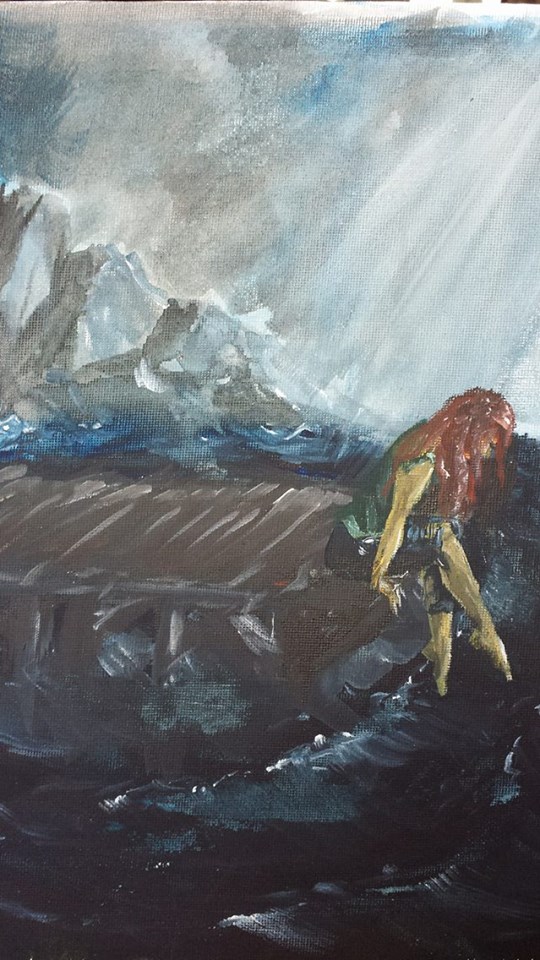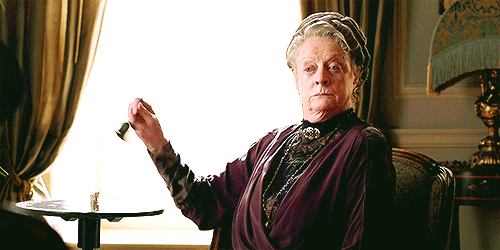Bleary-eyed, still partially wrapped in the duvet with a cup of strong black coffee in his shaky hand, the famous fantasy writer Bob R. J. Cliche makes his way to his messy desk. Pushing aside papers with hastily scribbled, barely legible notes from the night before – aware that he may be disturbing his own “system” – he desperately searches for the diagram he sketched at 3 AM. Nine hours earlier he had finally completed the timeline for King Eragad’s lineage in the Realm of The Dragons-Gorgons. Now Bob just had to find it again and his writers block would be broken. As a fantasy author, he was already rich and famous, but if he could complete book twelve of the Gamelon Cycle, he would be showered with critical as well as commercial success. Maybe if he just sat down for a while and quickly checked Facebook it would come to him…
Only there is a problem. Bob isn’t real. Nor is his world in any way less fantastical than the word of King Eragad. Bob inhabits an alternate reality filled with misconceptions about writing. My misconceptions.
When my first book was picked up for publication at the start of the year, I was delighted and excited and terrified all at once, but it made me want to write an article. I felt the need to write a piece that would help people experiencing all the same problems I had. I wanted to create a little time capsule of advice that I could send back to a more naive past version of myself. This is what I came up with.
Writers block is a big black cloud, but it’s above you, not in front of you
There is no obvious difference in quality between the parts that you find hard to write and the parts that are easy. When I would struggle to complete a section of my novel, I would assume I had done something wrong. The story wasn’t working, I was too tired, I had “lost it”. I’d second guess myself a lot. Sometimes I’d think the best thing to do was stop writing for a while and come back. With fantasy, sometimes the world you create in your mind is so huge, you can get lost inside it and struggle to find a solid road to follow.
Taking a break didn’t work for me. I would wait a day or two, hoping my state of mind would somehow “fix” itself. I just had to capture the right moment. The problem was the moment wouldn’t come. I felt like I was in a hospital waiting room. I couldn’t plan to see friends or family. The “moment” might come when I was out, far from my desk. I was paralysed.
Eventually I tried to work through the block. I wasn’t having fun. I was miserable. Everything I wrote was shit. This was all a waste of time. Still, I forced myself to write, because the guilt of not writing was worse than the disappointment of producing bad work. I guessed that perhaps one day, I would be able to go back and rewrite all these awful words into better ones.
Then somehow the sun came up. It felt like I’d written all through the night, and had emerged in a glorious morning without realising it. And it wasn’t until I went back to those words that I realised I couldn’t tell which parts were which. Whether written in the cheery, sunny morning or the gloomy depths of the night, it was all the same. Pretty ok. Not bad. A first draft. Something I could work on. Very far from perfect, but the opposite of nothing. It was enough.
Writing a novel is exactly one third of the work
 The other two thirds are rewriting and pitching. Obviously this might vary a little from author to author, but I think it’s a pretty good rule of thumb.
The other two thirds are rewriting and pitching. Obviously this might vary a little from author to author, but I think it’s a pretty good rule of thumb.
When I was writing Anna Undreaming, I thought my rewrites would be pretty minimal. Looking back, I don’t know why I thought this. A massive, ambitious fantasy word with it’s own magic system, rules, characters, class system and politics. I guess it was pure ignorance. I didn’t have a good idea of character or plot arcs at that early point, and my prose was still developing. When I went back and read my early chapters, I realised how much my writing had improved. To meet the standard I had sent in the back half of the book, those early chapters had to be rewritten substantially.
Despite the work involved, this is obviously a good problem to have. Rewrites are a bit like painting the Forth Road Bridge: when you get to one end it’s time to go back to the start again. Still, each and every pass you make will build up another layer of quality. But how do you know when to stop?
Well when you’re so sick of rewriting that you can’t face it without feeling physically sick, then you stop. Then you wait a month. Then you do another rewrite.
A writer is not a type of person
In researching this piece, I read a lot of articles on writing advice. One recurring theme was the inherent “writer-ness” of writers. We are solitary creatures. Especially fantasy authors. We live in our own head. We have trouble interacting with others. We take out our frustrations in our stories. We are too shy and socially awkward to talk with fans. In parties we sit quietly in the corner observing everyone dispassionately, hovering close to the door so we can escape if someone instigates conversation, if we are asked to dance, or if we hear a loud noise.
Reading these articles, I was stunned by how much the writer they were describing WAS NOT ME! I communicate reasonably well with fellow humans. I love to talk with people who like my work. If I have too much to drink at a party I dance – or at least sway a little. I go days without thinking of my characters or my story. I like people! Am I not a writer?
Of course I am. I write, and that’s all I have in common with other writers. Don’t pigeonhole yourself as an introvert. Or an intellectual. Or a writer. Or a fantasy writer. Writing is a verb, not a noun. You’re too multifaceted and too interesting to be defined by one word. Resist being labelled. Prove everyone who labels you wrong. Prove yourself wrong. Be as nuanced as the best, most interesting character you can write. Shine on you crazy diamond.
You don’t need to read everything to write something
I mean obviously you should read widely if you can, but if you can’t, that doesn’t mean you are precluded from writing. I don’t read a lot. I mean I do, but much of that reading is not paperback novels, it’s web sites with detailed timelines of the Dune universe, articles on Wikipedia about mythical lost cities and long, rambling blog posts with writing advice.
Just because you haven’t read everything in your genre doesn’t mean you are precluded from writing in it. Especially in fantasy and Sci Fi, there can be a fixation on reading every single entry in all the famous trilogies and series’, but the only requirement for being a writer is that you write. It doesn’t matter what you write. Reading is great, but it’s not the id card you need to get into the club.
The literary world is hilariously, anachronistically snobby
Cinema is a young medium compared with literature, and it’s fabulously forward looking in comparison. Sophisticated film critics will (generally) be happy to debate the finer points of high geekery, comparing Captain America: The Winter Soldier with the newest Batman movie. Meanwhile, the literary world is cliquey and parochial. Your long held theories on how Batman is a reinterpretation of Sherlock Holmes are best kept to yourself when discussing Hound of the Baskervilles at your book group, especially if it’s full of literary agents and critics.
Consider the separation of “popular” fiction and “literary” fiction. Or the ghetto-isation of science fiction and fantasy. These genres have now existed for more than a hundred years, yet still they’re treated like some form of guilty pleasure. Frivolous fluff. Empty escapism.
Of course these attitudes are, by and large, not carried by the book buying populace. Rather they are a vestige of the publishing industry, and are, I am ashamed to say, much more evident here in the UK than in the US. While UK publishers and agents may deign to look over your genre fiction here, there’s far more energy and excitement for cross-genre and experimental fiction across the pond. And while there are great people in the industry everywhere in the world, our US cousins often deal with authors with more politeness, grace and patience than anyone else. (Although they are curiously terrified of attachments in their query emails)
All of the inherent snobbery I discussed above can be boiled down to two key tips. Firstly, for American agents and publishers enthusiasm and vibrancy is essential, and they are open to cross-genre work, especially if you can demonstrate that it will sell. For the UK meanwhile, you want to define exactly which genre you sit in carefully, show restraint in your correspondence and treat each interaction like a very serious, fantastically stuffy business transaction. Imagine you’re buying a suit for the funeral of a rich uncle you never met. In 1927.
 I hope this article was helpful. If you feel that I’m way off the mark with some of the advice I offered above, remember that I’ve only sold one book and a few short stories. What do I know? What does anyone know, really?
I hope this article was helpful. If you feel that I’m way off the mark with some of the advice I offered above, remember that I’ve only sold one book and a few short stories. What do I know? What does anyone know, really?
Bob R.J. Cliche was found dead at his home at 12:15 PM on Tuesday afternoon. Cause of death: crushed by the collapse of his mirror universe. His final novel, “The Gates of Eritraya” was never completed. His final words were thought to be, “At the end of the day, a writers work is never done.”
Tom’s first novel ANNA UNDREAMING will be published by Owl Hollow Press in early 2018




